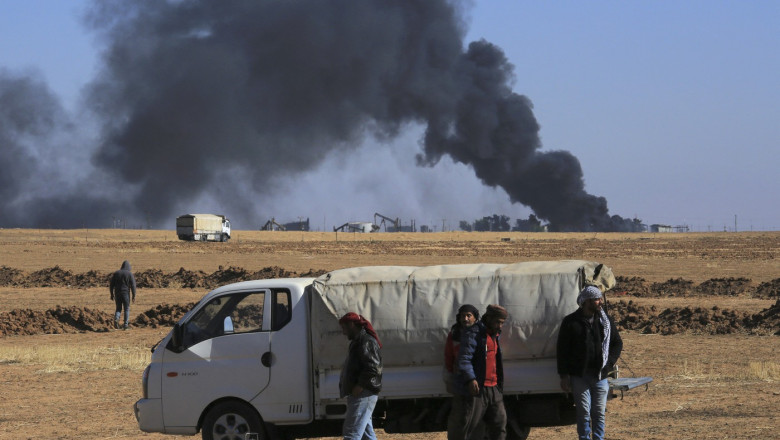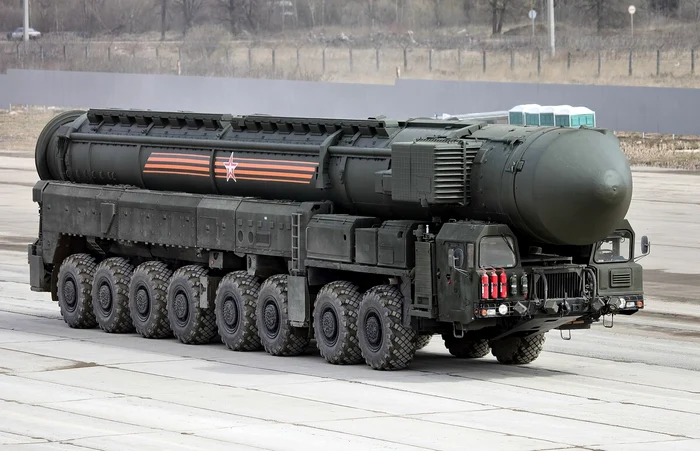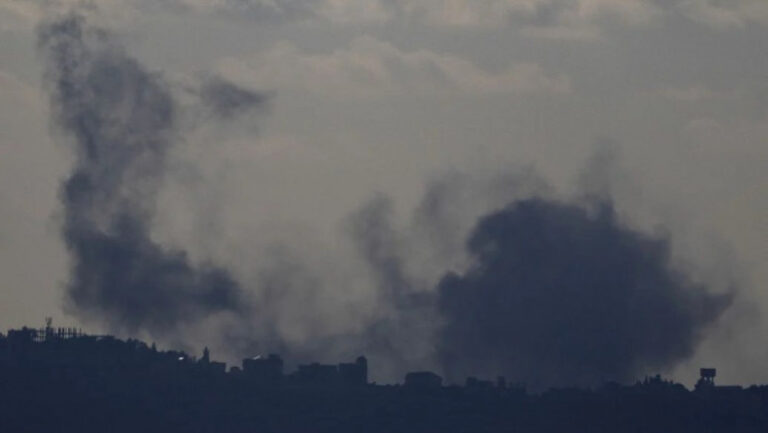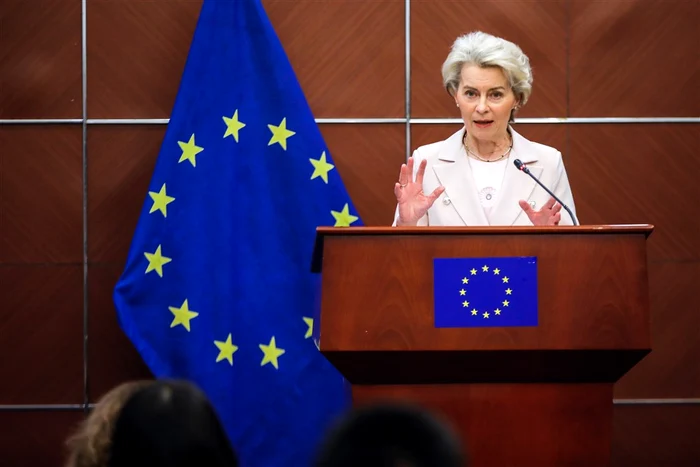
Climate Change and Airstrikes Result in Water Crisis in Northeast Syria
More than a million people in Northeast Syria have been left without access to water and electricity due to the combination of severe drought caused by climate change and constant airstrikes by Turkey. These actions have sparked discussions about potential violations of international law.
Impact of Airstrikes and Drought on Vital Infrastructure
From October 2019 to January 2024, Turkey carried out over a hundred attacks on oil fields, gas facilities, and power plants in the Kurdish-governed Autonomous Administration of North and East Syria (AANES). The strikes have worsened the humanitarian crisis in a region already grappling with years of civil war and an extreme drought, intensified by climate change.
The region’s main water station in Alouk, which supplied water to Hassakeh province, has been non-operational since last October due to the destruction of electricity infrastructure. The residents now depend on water deliveries from a source located 20 km away. Despite hundreds of daily deliveries prioritizing schools, orphanages, hospitals, and the most vulnerable, the supply is insufficient.
Political Tensions and the Humanitarian Crisis
The inhabitants of the region are caught in a crossfire of conflicts, including the ongoing civil war in Syria, Turkey’s conflict with Kurdish-led forces, and the fight against the Islamic State group. Turkey has justified its airstrikes by stating that it targets the income sources of Kurdish separatist groups it labels as terrorists.
However, the United Nations and humanitarian groups have voiced concerns over the repeated disruptions in water supplies and the potential for war crimes. The attacks on electricity infrastructure, which have led to a water crisis, could constitute serious breaches of international law.
Climate Change Exacerbating the Crisis
Since 2020, Northeast Syria and parts of Iraq have been experiencing extreme agricultural drought. The Khabour River, which once supplied water to Hassakeh, has seen such low levels that residents had to rely on the Alouk water station. The situation worsened when Turkey took control of the area around Alouk in 2019, citing the need for a “safe zone” against potential terrorist attacks.
Despite the Turkish government’s claims that it respects international law, and attributing the water crisis to climate change and poor water infrastructure maintenance, residents in Hassakeh feel abandoned and desperate for basic necessities like drinking water.
Call for Investigation into Potential International Law Violations
Legal experts are calling for an investigation into potential violations of international law by Turkey. The evidence suggesting breaches of international law in this case is so strong that it warrants investigation by a prosecuting authority, according to Patrick Kroker, an international criminal lawyer at the European Center for Constitutional and Human Rights.



